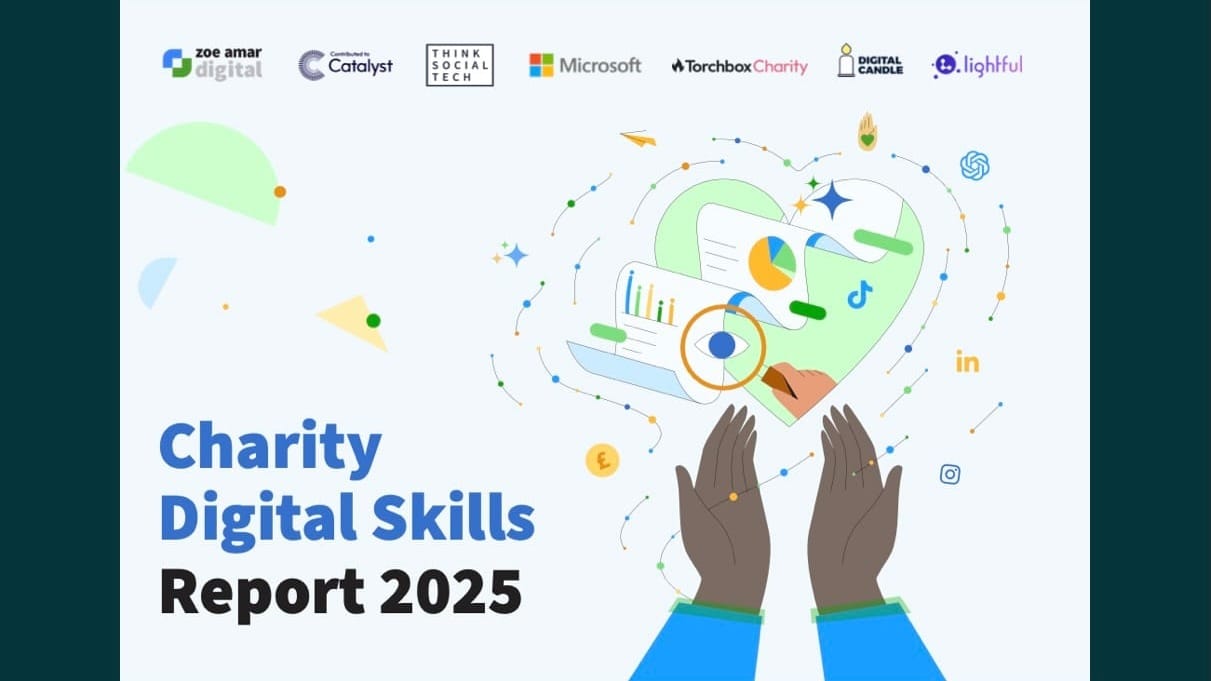The ninth annual Charity Digital Skills Report, published today, paints a complex picture of a sector intrigued by AI innovation but increasingly held back by basic digital shortfalls.
Drawing on insights from over 670 charity professionals, the report highlights widening digital divides across the UK voluntary sector. Some organisations are embracing change, while others risk being left behind. The divide is growing in particular between larger and small charities.
- AI in charities at a tipping point: curiosity, caution and capacity gaps
- Charities want to go digital but skills aren’t keeping pace
- One in two UK charities ditch X as platform trust erodes
- Digital strategy still missing for most charities, as maturity gap grows
- Charities face major barriers to funding digital progress, report finds
One of the report’s starkest findings is that just 44% of charities have a digital strategy, down from 50% in 2024. This is despite growing pressure to improve digital service delivery, fundraising and supporter engagement.
Digital inclusion is a major concern too, with only 43% of respondents saying their services are accessible for people with access needs, a drop from 49% last year. While 55% say they provide some support for digital inclusion, the report suggests this support is often patchy or ad hoc.
“Charities are exhausted,” the report notes. With stretched teams and rising expectations, many lack the capacity to plan or invest in digital properly. One in five charities say they cannot access the digital skills they need. A further 38% say digital is only part of someone’s role, often added on without proper support or training.
This comes at a time when AI is dominating headlines. More than a third of charities (36%) are already experimenting with tools like ChatGPT, and a further 39% plan to. But many feel unprepared. Only 31% of charities have policies in place for using AI, raising concerns about ethics, governance and risk.
“We’re seeing a digital paradox,” says report author Zoe Amar. “There’s more appetite than ever to explore digital and AI, but less time, money and support to do it properly.”
Funding remains a critical barrier. While 62% of charities want to invest more in digital, only 25% have access to digital-specific funding. And there is a clear call to action: 86% say funders need to do more to support digital capacity-building.
Despite the challenges, the report identifies a growing number of digitally ambitious charities, often smaller and more agile, that are moving ahead. These organisations are redesigning services, investing in training and involving users in shaping digital solutions. This is creating a growing gap between those that can adapt and those that cannot.
The report calls for better board-level leadership, longer-term funding, and a renewed focus on accessibility, data and inclusion to ensure that no charity or community is left behind.

